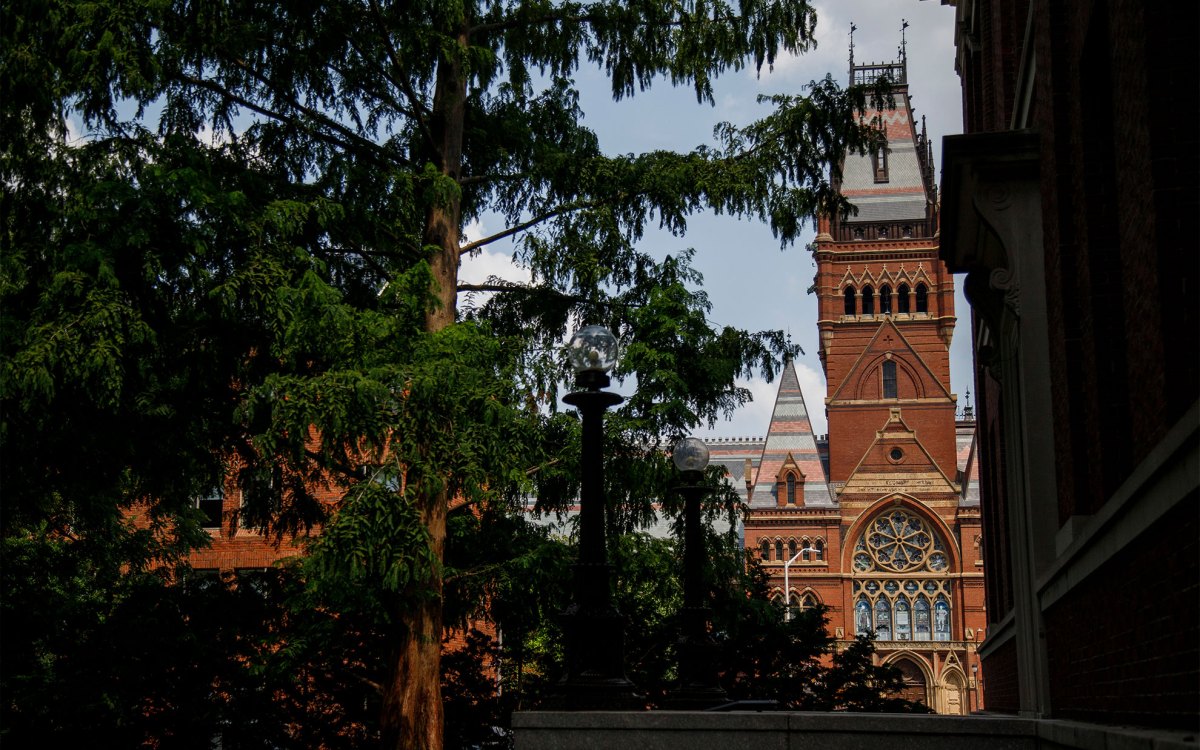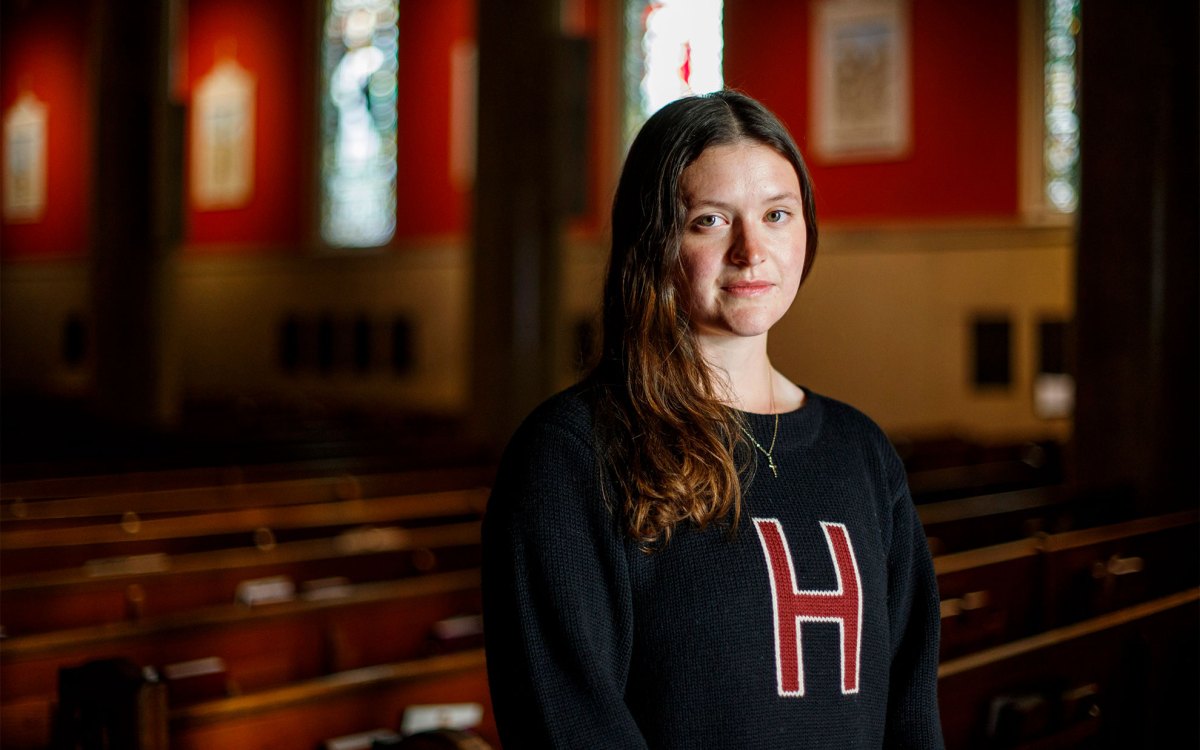Fryer brings mathematical economics to stubborn racial issues
‘It’s a way of taking politics, emotion, and anecdotes out of the analysis of racial inequality’
Roland G. Fryer Jr. is a brave man.
An economist and self-described math geek, Fryer plunges fearlessly into the roiling waters of racial inequality, often surfacing with findings that contradict conventional wisdom, political correctness, and even his own life experience.
“I take stubborn old questions of racial inequality that have been around for decades and decades and try to use simple mathematics to be able to answer those questions,” says Fryer, assistant professor of economics and a junior fellow in the Harvard Society of Fellows. “It’s a way of taking politics, taking emotion, taking anecdotes out of the study of racial inequality.”
Fryer’s research probes issues so burdened with politics, emotion, and anecdote that many academics pass them by. Is black culture a cause or consequence of racial inequality? Can crack cocaine be blamed for the nationwide dive in black health and economic outcomes in the late 1980s and early ’90s? Is color-sighted affirmative action more efficient than color-blind affirmative action?
And, recently, are black youth faring worse than whites in school because of the social stigma around “acting white”?




